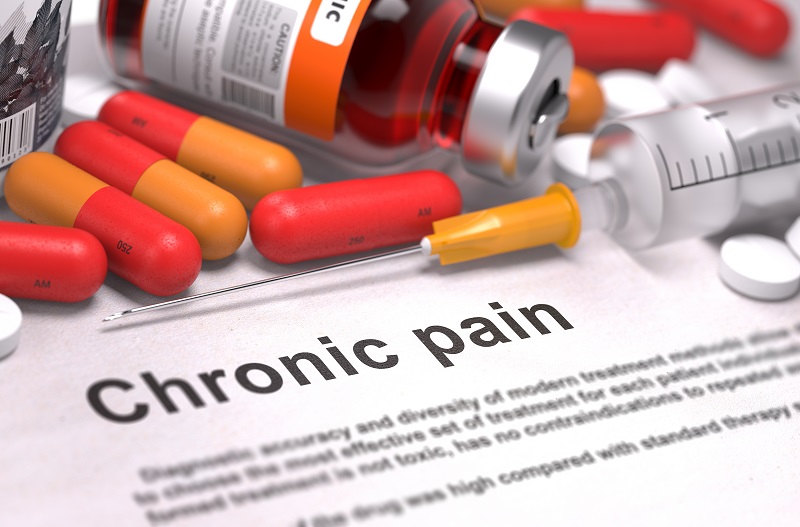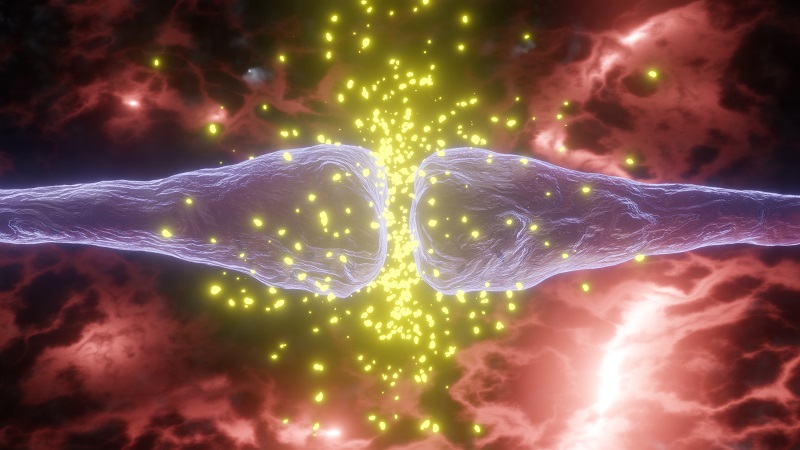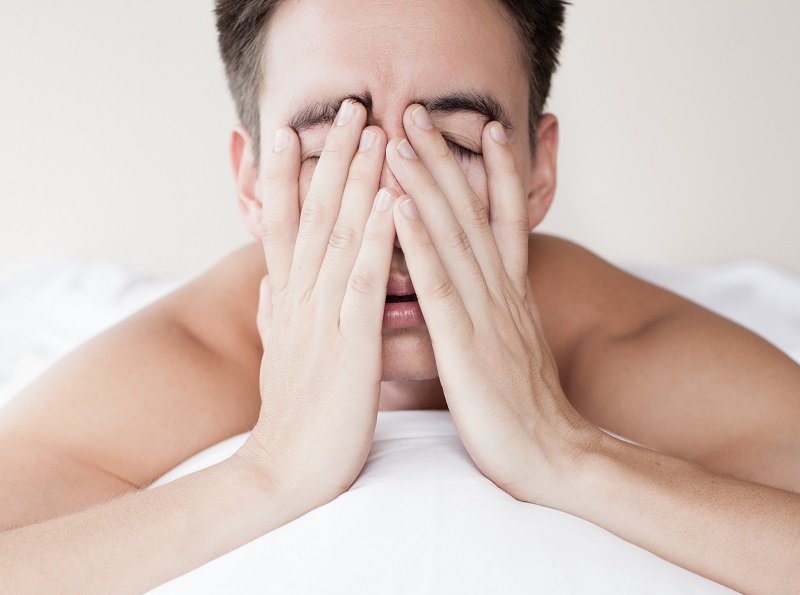Using CBD Compounds for the Treatment of Atopic Dermatitis

Cannabis and its many derivative compounds are a new wave in pharmaceuticals and dermatological formulations. Many brands that have not explored these until now are eager to get their feet wet in this promising new field. This change has come about thanks to more information, more research that is now available about these products.
Interestingly, while the sudden interest in CBD-based products may appear to be a recent phenomenon, cannabis plant compounds have been in use since ancient times. In fact, across cultures, across countries, there are references to derivatives from the Cannabis Sativa plant in traditional medicine. This plant has yielded compounds that have been in use for decades for myriad ailments. Common traditional uses include pain relief, anxiety relief, skin improvement, skincare, and much more.
Cannabis in ancient times
The use of derivatives from the Cannabis Sativa plant can be traced back to the ancient Chinese. The earliest record may be that from 2900 BC where we have Emperor Fu Hsi talk about extracts from the Cannabis Sativa plant. Egyptians too used extracts from this plant, and the formulation was used to treat inflammation and glaucoma. Records from 1000 BC show the widespread use of bhaang, a Cannabis Sativa extract, in the Indian subcontinent. Ancient Greeks also used the extract for a variety of maladies.
In short, Cannabis Sativa has been the source of medicinal compounds since times immemorial. Later, the many benefits that can be derived from this plant were thrown into the shadows by a general misconception about the psychoactive properties of extracts. This arises from the confusion between marijuana and other extracts.
CBD vs. marijuana
While marijuana is also an extract that is sourced from the Cannabis Sativa plant, there are many more, like CBD, that come from the same plant species. These others do not have a psychoactive effect, meaning they cannot give the ‘high’ that marijuana does. The Cannabis Sativa plant is the source of many compounds, all collectively known as cannabinoids. There are over 100 cannabinoids produced by this plant. The most common of these and also the most well-known are perhaps CBD and THC. CBD or cannabidiol has many beneficial effects on human physiology. THC or tetrahydrocannabinol is the compound that results in a ‘high’ when certain types of extracts from the cannabis plant are ingested; for example, marijuana.
Marijuana has a high THC content, but hemp does not. CBD extracted from hemp is not psychoactive at all, meaning it has such negligible quantities of THC that it cannot produce a high. Note that CBD and THC are both present in both hemp and marijuana variants of the Cannabis Sativa plant. However, the hemp extract has almost no discernible THC. It is this kind of CBD extract that is used in medical formulations. In particular, CBD-based remedies are growing in popularity for pain relief and skincare because of the very substantial benefits they offer here, especially with ailments like atopic dermatitis.
Why is CBD so effective with skin ailments?
The body has its own inherent endocannabinoid system. It is this system that the CBD formulations work with to promote better health and healing. The endocannabinoid system or ECS system has receptors known as the CB1 and CB2 receptors that are found in the nervous system and the immune system. CBD products stimulate these receptors, prevent the breakdown of the ECS system, and help it function optimally. There are several ways in which CBD works to offer health benefits. From having antiseptic properties to promoting skin smoothening and elasticity to soothing skin inflammations and more, this cannabis product has myriad benefits to offer in skincare.
The most significant thing to note- the World Health Organization has categorically stated that research on CBD has not indicated that it may become addictive or habit-forming. WHO also states that there are no public health problems that can be attributed to the use of this cannabis extract.
CBD efficacy for atopic dermatitis
Atopic dermatitis is a far more common skin ailment that we imagine. According to studies, about 20% of the global population suffers from this ailment, and children appear to be at greater risk. Atopic dermatitis or AD and eczema are often terms that are used interchangeably. The NationalEczema.org website explains how AD is the most common type of eczema to be found among patients. About 16.5 million adults suffer from the condition, and so do over 9.6 million children.
The condition arises from a disruption in the immune system that destroys the skin barrier and leaves skin dry, prone to blemishes, rashes, and inflammation. The affected skin is itchy, and when scratched, the condition worsens, thus setting off a vicious cycle. Stress makes the condition worse as well.
CBD alleviates AD symptoms
AD has no complete cure as of now. However, any medication that allows relief from symptoms also breaks the cycle and helps the issue clear away faster. The main symptom is the itching, and this is also the most common factor that worsens the condition and makes it intensify. This is why a formulation that alleviates this symptom is of great help. The itching also leads to loss of sleep and anxiety, both of which also cause the condition to worsen further. The thickening of the skin in affected areas is another complication that needs to be dealt with when tackling AD.
Often, physicians resort to steroids to treat the condition and provide quick relief. The use of steroids, however, as is well-known, has its own set of problems. Many people avoid taking medication for eczema and even avoid going to the physician simply because they do not wish to take a steroid dose. This is where alternative remedies come into the picture, offering a very valuable aid in dealing with the condition. One such alternative formulation is CBD, which helps in myriad ways with AD, attacking the many symptoms in different ways to provide immense relief and prevent the worsening of the condition.
The first step in tackling a severe case of AD or eczema is to moisturize the skin thoroughly. This is one thing that CBD skin creams and CBD skin lotion can do very well indeed. When the skin is hydrated properly, the itching reduces on its own, and the urge to scratch and worsen the condition subsides. Reduction in itching also ensures better sleep and less anxiety. CBD restores the skin’s moisture and protects its natural defense mechanism from disruption so that it stays hydrated adequately.
A CBD skin lotion or CBD skin cream also works wonders in protecting the affected skin that is dry and scaly from further deterioration. The inherent defense mechanism of the skin is bolstered by CBD lotions and creams, and thus, the body is prepared to fight off the skin condition on its own too.
Anti-inflammatory properties of CBD
A study published in the Journal of American Academy of Dermatology states the formulations that have CBD may be effective in treating many skin ailments, including AD, psoriasis, and contact dermatitis. In the words of Dr. Robert Dellavalle, who is also the University of Colorado School of Medicine’s associate professor of dermatology, CBD shows significant promise in treating itchiness. He quotes a study here wherein eight of 21 patients experienced complete relief from itching thanks to a CBD skin cream. The underlying dry skin problem was also cleared out. According to the associate professor and many other experts, CBD is a very valuable treatment method in skin ailments thanks to its anti-inflammatory properties.
Other research carried out on people with psoriasis and AD also showed that the effects of CBD on skin inflammation work very well in giving quick relief to those with these skin problems. This study also indicated that CBD might be very useful in reducing scarring or blemishes. Such scarring often stays behind even after the skin condition has cleared up. In conclusion, the researchers stated that CBD skin creams and CBD skin lotions might be a very effective non-invasive treatment method for such ailments. The report also mentions that these formulations do not result in any allergies or irritations.
The anti-microbial properties of CBD
The efficacy of CBD has been highlighted by none other than the founding editor of JAMA Dermatology and one of the founding fathers of American Dermatology, Dr. Henry Piffard. In the first textbook on the subject written by Dr. Piffard, he mentions that Cannabis Indica pills may be used to offer relief from the ‘intolerable itching’ that accompanies skin conditions like AD and eczema.
CBD’s anti-microbial properties have been scrutinized since the 1980s. Today, we have plenty of research to show that this natural product does have quite a substantial contribution to make in this respect.
With respect to AD, in particular, CBD makes a difference in another significant way. It helps curb the proliferation of the Staphylococcus aureus strains. The colonization of S. aureus is one of the chief complications in AD, and it also further worsens the condition. By curbing the strains and preventing the growth, CBD helps in hastening recovery from AD and also keeps the condition from spreading.
In an article about CBD, research about CBD’s anti-bacterial and anti-microbial properties is quoted, along with the conclusion that CBD exhibits better anti-microbial activity than THC alone. CBD proves to have a better anti-microbial impact against Gram positive bacteria. Since many skin ailments arise from the unchecked growth of bacteria, CBD may prove very effective in such cases as well.
Re-establishing skin homeostasis with CBD
According to scientists exploring this field, CBD has immense potential in tackling conditions like eczema and AD because it restores the skin homeostasis. Research has clearly indicated that the cutaneous cannabinoid system plays a crucial role in maintaining skin homeostasis. It also ensures that skin functions efficiently as a barrier and also promotes skin cell regeneration. Disturbance in skin homeostasis contributes to conditions like AD. A product like CBD that can stimulate the body’s ECS system works well in restoring the skin to optimal functioning.
The greatest benefits with CBD are seen with the pain, inflammation, and itching that accompany skin conditions like AD. The explanation for why this is so is quite simple. These responses originate from the body’s endocannabinoid system. Since CBD products work on this system and help it restore skin homeostasis, they also help in clearing up infections or rashes quickly with the body’s aid.
Inhibiting the histamine response
Another way in which CBD helps is that it interacts with skin cells to inhibit the histamine response. This response is activated in certain cases and results in inflammation and itching. By curbing this response, the CBD cream may subdue the most disruptive symptoms of skin problems very efficiently. Studies have been carried out in this regard with conclusive evidence to prove that CBD is effective in attenuating itch that arises owing to histamine action.
Quality of the CBD skin cream/CBD skin lotion
One important point to note is that the efficacy of the CBD product depends heavily on the quality and purity of the CBD skin cream or skin lotion. This is why it is important to use a product that comes from a brand that has a sound reputation in this field. It is equally important for you to check the contents that go into a product. Check if it has just cannabis extracts or any additives that you may be allergic to.
Some CBD products come with other compounds that are derived from the cannabis plant, some come with only CBD, some others come with CBD as one of many ingredients. Read the label carefully to know what you are buying. Third-party-tested and certified products offer an extra layer of protection for you because you get an unbiased verification of the product’s purity and its quality ready at hand. Brands that are confident about their product quality generally have third-party testing done, and they mention this clearly on the label for you to see.
More articles:










